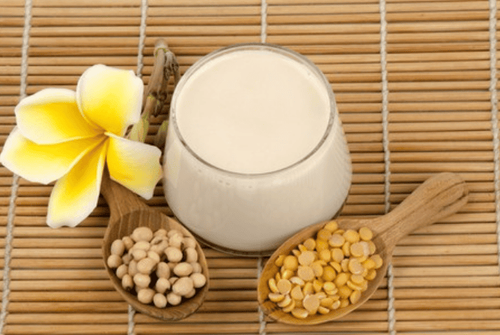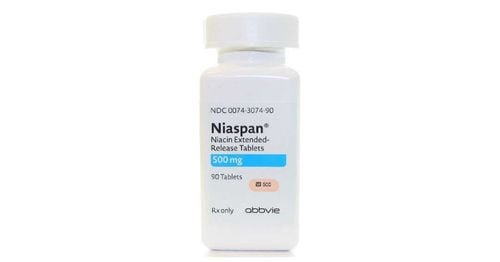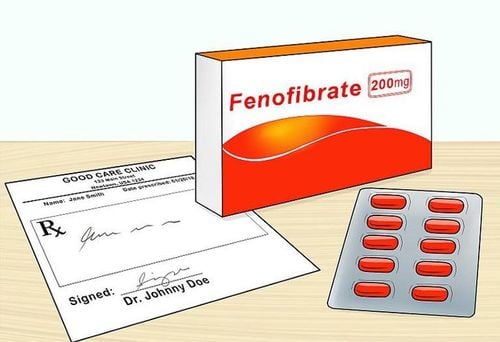This is an automatically translated article.
In studies, Lecithin is known for many health benefits. However, so far, there is no solid evidence that lecithin can help you lose weight.
1. What is Lecithin?
Lecithin is a natural fat found in foods, such as:
Egg yolks. Soy bean. Organ meat. Red meat. Seafood. Grains . Cooked greens, such as brussels sprouts. In humans, lecithin is produced naturally in the liver. Since it is not classified as an essential nutrient, there is no recommended daily dose for lecithin.
Soy Lecithin is a commonly used food additive that helps processed foods stay smooth and mixed without separating. Soy lecithin is used as an additive in ice cream, baby formula, peanut butter, bread, and many other processed foods.
2. Why is Lecithin said to have weight loss benefits?
In foods, lecithin acts as a fat emulsifier. This means it breaks down and evenly disperses fats and oils, helping food to be evenly mixed. For this reason, some have hypothesized that lecithin might aid in rapid lipid metabolism and fat breakdown in humans.
Lecithin can break down fat into small molecules, which are then converted into fatty acids that the body easily burns as energy. While this theory has generated interest, it has not been fully tested or proven.

Lecithin có thể hỗ trợ chuyển hóa lipid nhanh chóng và phân hủy chất béo ở người.
3. What Scientists Say
There are no specific studies that show lecithin is effective for weight loss. However, choline, a component that makes up a small percentage of lecithin, may be beneficial for weight loss. Lecithin contains about 3% choline.
One small study of 22 participants found that choline supplementation reduced body mass in female athletes who used it for rapid weight loss. Phosphatidylcholine, a component of lecithin, breaks down into choline in the body. This research and theory has not been replicated or supported in any large-scale studies. Like lecithin, choline can also be purchased in supplement form. While choline's fat-burning abilities have also not been clearly proven, it's a good idea to purchase choline supplements for this purpose, rather than lecithin. The commonly recommended standard dose of choline is 250 milligrams per day.
4. Potential side effects of taking lecithin for weight loss
The most likely side effect of taking lecithin for weight loss is that it doesn't work, reducing your wallet rather than your waistline.
Lecithin is considered safe for most people. However, talk to your doctor about taking this medication or any dietary supplement, especially if you are or are trying to become pregnant or breast-feeding.
Lecithin can also cause reactions in people who are taking certain medications. For example, lecithin might increase the effects of oral diclofenac, a nonsteroidal anti-inflammatory drug used to treat arthritis and migraine headaches.
Use lecithin only according to the directions on the package and make sure you are not allergic to lecithin before use.
Common side effects of lecithin include:
Nausea. Diarrhea . Full stomach. Stomach upset. Before deciding to use lecithin as a weight loss method, it should be noted that Lecithin is often used as an emulsifier in processed foods to preserve products. Therefore, Lecithin may offer some health benefits, but there is no evidence that this active ingredient is related to weight loss.
Please dial HOTLINE for more information or register for an appointment HERE. Download MyVinmec app to make appointments faster and to manage your bookings easily.
Reference source: healthline.com













